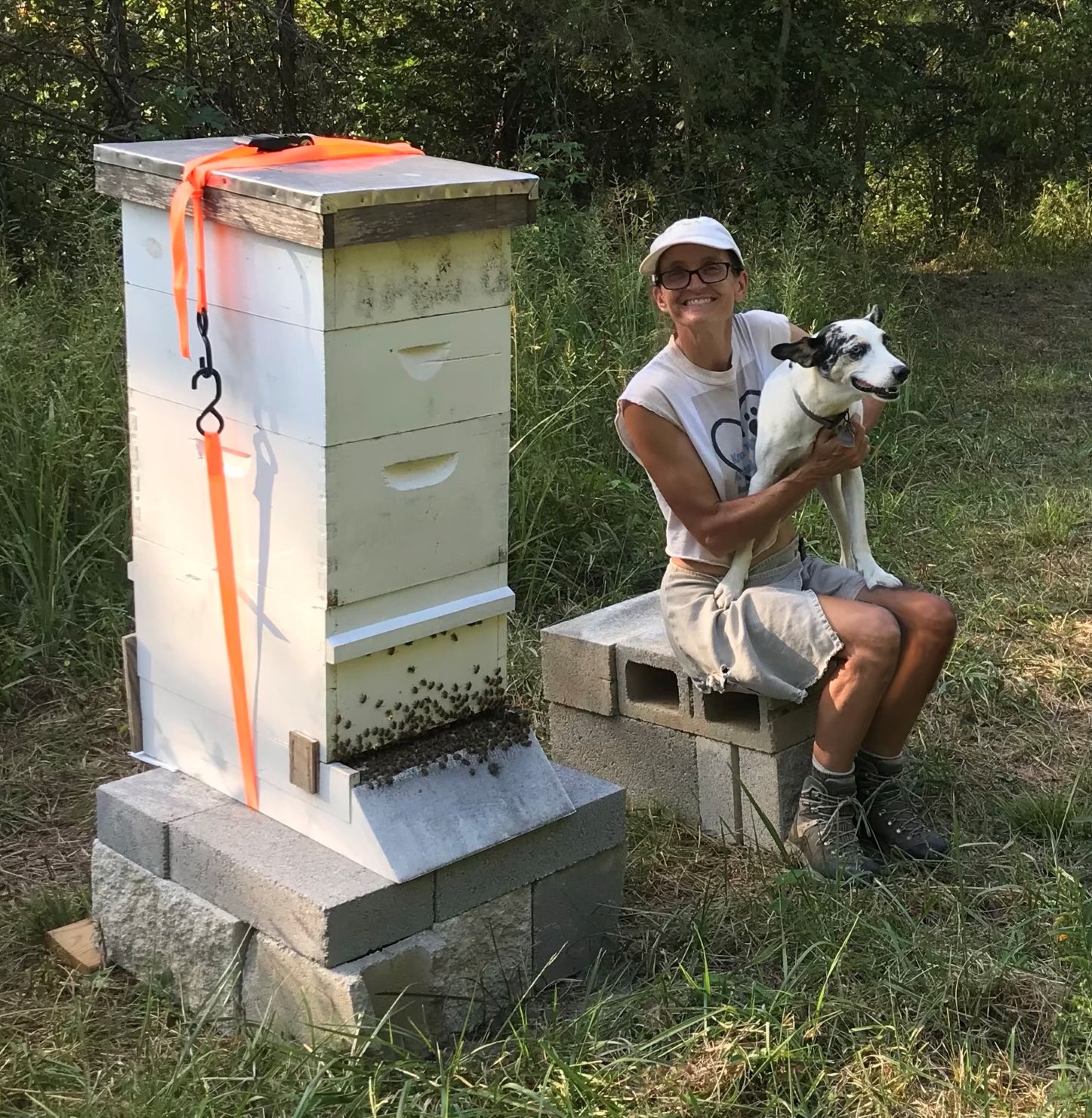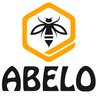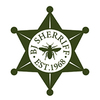The Welsh Beekeepers’ Association (WBKA) is the national support organisation for beekeepers in Wales. It is a registered charity (number 509929) managed by a board of trustees supported by various officers, all of whom are volunteers.
Founded in 1943, WBKA is the umbrella organisation for 19 local associations across Wales. Representatives of these 19 associations, and specialist members, form the WBKA Council which meets three times a year.
The WBKA works to support its member associations, specialist and individual members by:
developing co-operation amongst beekeepers and other bodies, including Welsh Government and other national associations and bodies
improving the standard of bee husbandry by supporting the beekeeping education system in the UK.
We hope our website gives you an insight into the ways in which we support the objects of the WBKA as set out in our Constitution – the encouragement, improvement, advancement and promotion of beekeeping to provide a benefit to the public and the environment throughout Wales.
Posted 19/2/26
This presentation summarizes several of the tips presented in Theresa’s book Dead Bees Don’t Make Honey: 10 Tips for Healthy Bees, which includes a Foreword by Dr. Thomas Seeley describing the book as “remarkable… candid, fact-based, and sensible.” In this presentation, Theresa presents the latest science that explains how and why bees survive in the wild. By modelling what the bees teach us, our managed bees can have higher survival and make more honey, while bringing more enjoyment to the beekeeper.
Theresa has achieved 99% colony survival and honey production that is twice the local average in her seven years as a beekeeper, with 20–25 colonies in Kentucky. She practices nature-based beekeeping, which is a methodology that places bee health as the highest priority and optimal pathway to productivity. Following the model of how bees survive in the wild, employing integrated pest management, and providing high support yet low intervention, she demonstrates that healthy, alive bees are more productive than sick or dead bees. Theresa is a Cornell Master Beekeeper, 2024 Kentucky State Beekeeper of the Year, and President of the Kentucky State Beekeepers Association. She is also a writer for Bee Culture Magazine. She worked at Fidelity Investments and Procter & Gamble in information technology and operations management. Theresa can be reached at theresa@littlewolf.farm Her book is available on Amazon

Posted 8th January
The 2026 WBKA Convention will be held at the National Show Ground, Builth Wells, on 28th March 2026.
Posters to help promote this can be downloaded as JPG or PDF.
The invited speakers will be
- Will Van Blyderveen (9.45)
- Lynfa Davies: Managing colony numbers(10.15)
- Prof. Robert Pickard: Atoms, nutrition and life (11.45)
- Stephen Riley: Varroas resistance (13.30)
- Richard Rickitt: Bees and tress – an ancient partnership(14.45)
A speaker summary is also available.
Save on postage and don’t miss out on what you want, pre-order now for collection at the show. Click on logos to go to supplier sites.













